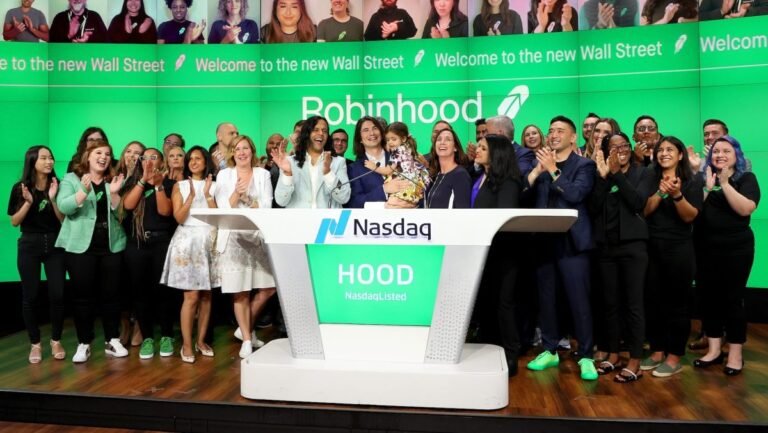
Stock-trading platform Robinhood is diving deeper into the cryptocurrency realm with the acquisition of crypto exchange Bitstamp.
With Bitstamp under its wing, Robinhood says that it will be better positioned to target retail and institutional crypto investors across Europe, Asia, and the U.S., with Bitstamp currently holding more than 50 licenses and registrations to operate in these markets.
“The acquisition of Bitstamp is a major step in growing our crypto business,” Robinhood’s crypto general manager Johann Kerbrat said in a statement.
“The Bitstamp team has established one of the strongest reputations across retail and institutional crypto investors.
Through this strategic combination, we are better positioned to expand our footprint outside of the U.S. and welcome institutional customers to Robinhood.”

Greptile, an early stage startup from a group of recent Georgia Tech grads, decided to take a different approach: using AI to help developers understand the code base.
Greptile CEO and co-founder Daksh Gupta says the Greptile bot is like having a highly experienced coworker who has a deep understanding of your code.
“So we’re building AI tools that understand large code bases at companies because as time goes on, and multiple programmers work on the codebase, it tends to get very difficult to understand,” Gupta told TechCrunch.
Once the repositories have been indexed by the system, you add a natural language query such as, how does the authentication work in this code base,” he said.
The startup launched last July after the founders came up with the idea for the company at a hackathon.

Google on Thursday said it is rolling out NotebookLM, its AI-powered note-taking assistant, to over 200 new countries, nearly six months after opening its access in the U.S.
The list of countries that NotebookLM now supports includes Australia, Brazil, Canada, India, and the U.K., as well as 208 other countries and territories.
It uses AI to help generate summaries and answer questions from documents, transcripts, notes and other sources that users can upload.
Some early users of NotebookLM in the U.S. anticipated it would support traditional note-taking apps, including Evernote and Google Keep.
Gemini 1.5 Pro also lets NotebookLM have up to 50 sources in each notebook, with 500,000 words per source.
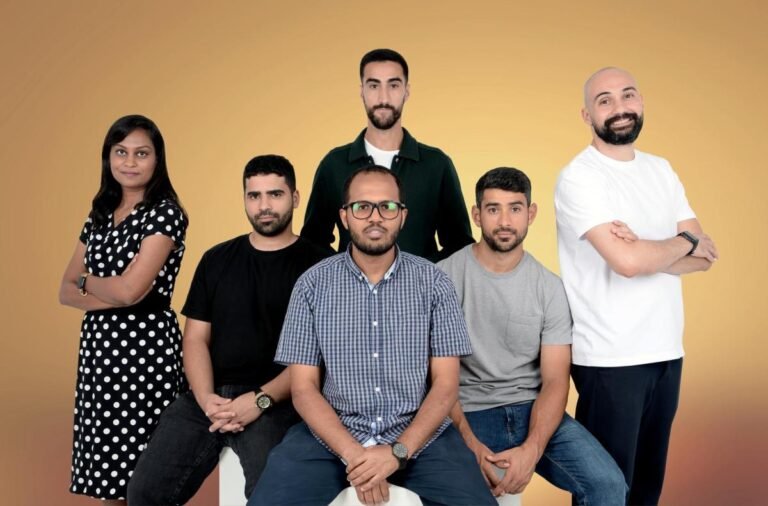
For them, the difficulty hasn’t been opening local USD accounts; it’s been cost-effectively facilitating payments from international employers and online platforms.
“Using local products meant many remote workers had large chunks of their earnings eaten away with excessive fees.
The USD products couldn’t be local,” said Oudjidane, who is also the founding partner of emerging markets fintech fund Byld Ventures.
“The product would need to move to offering U.S.-based USD accounts,” accounts that, critically, would facilitate ACH payments to enable those freelance payments and came with the security that you get with U.S. banking, such as FDIC assurance.
“Freelancers and remote workers in these markets will undoubtedly be a critical source of foreign income to help rebuild,” Oudjidane said.
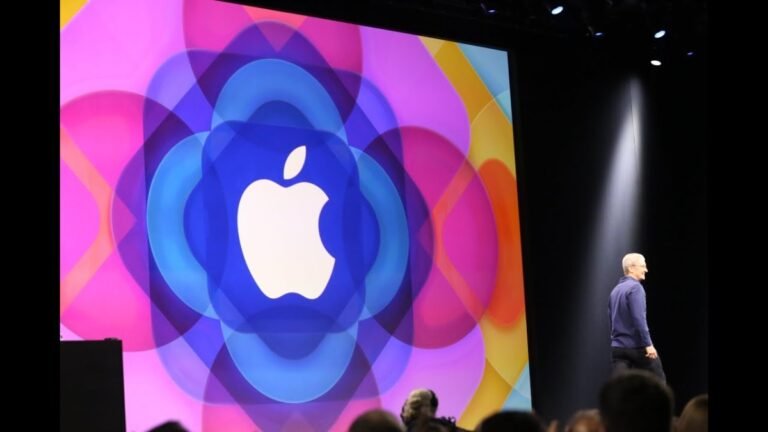
WWDC is for developers, and much of the focus will be on iOS 18.
As the big event nears, all sorts of leaks have emerged about what iOS 18 and its rumored AI-powered apps and features have in store.
AI recaps of missed texts will also be available.
Users will also be able to change the color of app icons, perhaps as Apple’s answer to Google’s Material You.
Maps with route creationMaps will support custom route creation in iOS 18, which lets users design their own routes for a trip.

The company Wednesday issued an email requesting customers discontinue use of its egg-shaped charging case.
The company says it launched an investigation following a “single complaint” of a charging issue from a customer.
Humane is far from the first consumer electronics company to ship products with potentially hazardous batteries.
According to the note, the Charge Case is the only Humane product affected by this news.
Neither its Battery Boost or Charging Pad have been singled out by the company.
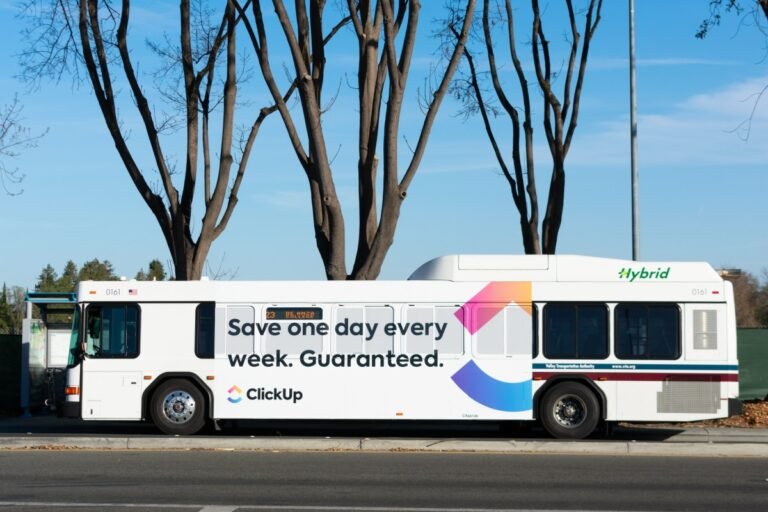
And like all productivity tools, the ClickUp team has also heard the siren song of artificial intelligence.
The company has now launched what it calls “ClickUp Knowledge Management,” which combines a new wiki-like editor and with a new AI system that can also bring in data from Google Drive, Dropbox, Confluence, Figma and other sources.
With that, the company aims to build a tool that can rival other popular services like Notion and Atlassian’s Confluence.
The result, ClickUp argues, is a system that brings together the best of Notion, Confluence and Glean to allow users to quickly create documents.
This now enables the ClickUp Knowledge Management to perform retrieval augmented generation (RAG) — which has quickly become the industry standard for augmenting large language models (LLMs) with additional and up-to-date information.
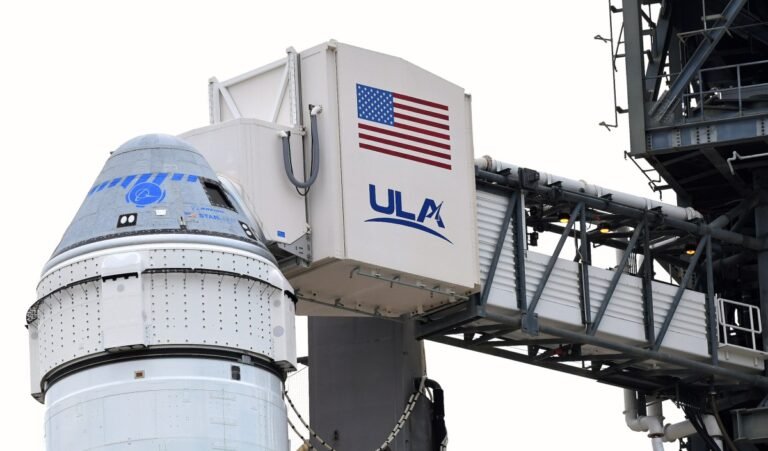
Boeing’s Starliner spacecraft is officially on its way to the International Space Station, marking a historic first for the long-delayed astronaut transportation program.
If all goes to plan, Boeing will become NASA’s second astronaut transportation provider, joining Elon Musk’s SpaceX.
Boeing did execute a successful uncrewed mission to the ISS in May 2022, but this is the first time the spacecraft has carried humans.
While Boeing has struggled, SpaceX has soared: Using its Crew Dragon capsule, SpaceX has been providing astronaut transportation to and from the ISS since 2020.
This is the last major step before Starliner can be certified as an operational crew system, and the first Starliner mission is expected to launch in 2025.
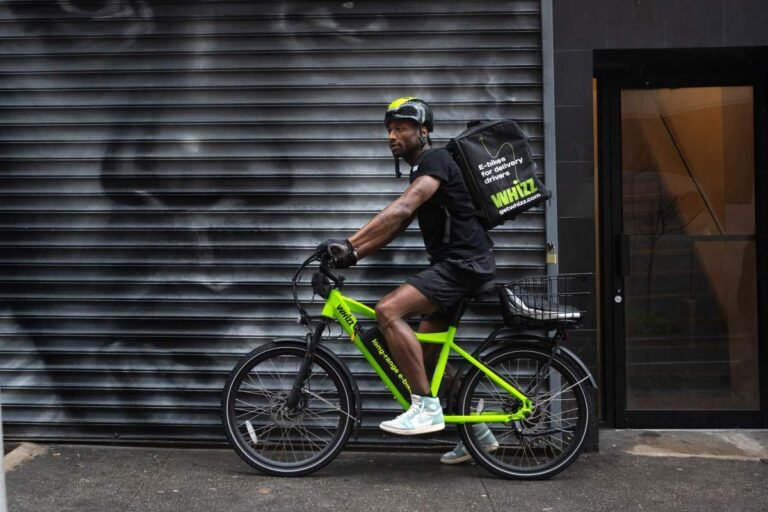
But e-bike subscription startup Whizz sees it as an opportunity.
The lack of disruption in the e-bike subscription arena could mean that Whizz is in a perfect position to get a first-mover advantage.
Or it could mean that the e-bike subscription model is difficult to get right.
Other consumer-facing micromobility subscriptions in NYC have come and gone, like Beyond’s e-scooter rental offering and charging infrastructure company Revel’s attempt at an e-bike subscription.
His co-founders — Alex Mironov, Ksenia Proka, and Artem Serbovka — built and sold an e-bike subscription platform, Moy Device, to a private equity firm in Russia.

Every company, large or small, needs to choose software, and the bigger the company, the more complex the exercise.
Some have internal tools and processes to help narrow down the list of possible vendors and eventually make a selection.
“Taloflow replaces homegrown technology and software selection processes that can last weeks or months,” the startup’s CEO and co-founder, Louis-Victor Jadavji, told TechCrunch.
“Unlike Gartner or G2, which offer mostly generic insights, Taloflow creates tailored reports for specific use cases,” he said.
Taloflow has built large language models that sift through publicly available information and speed up the time and cost of generating the base reports.














